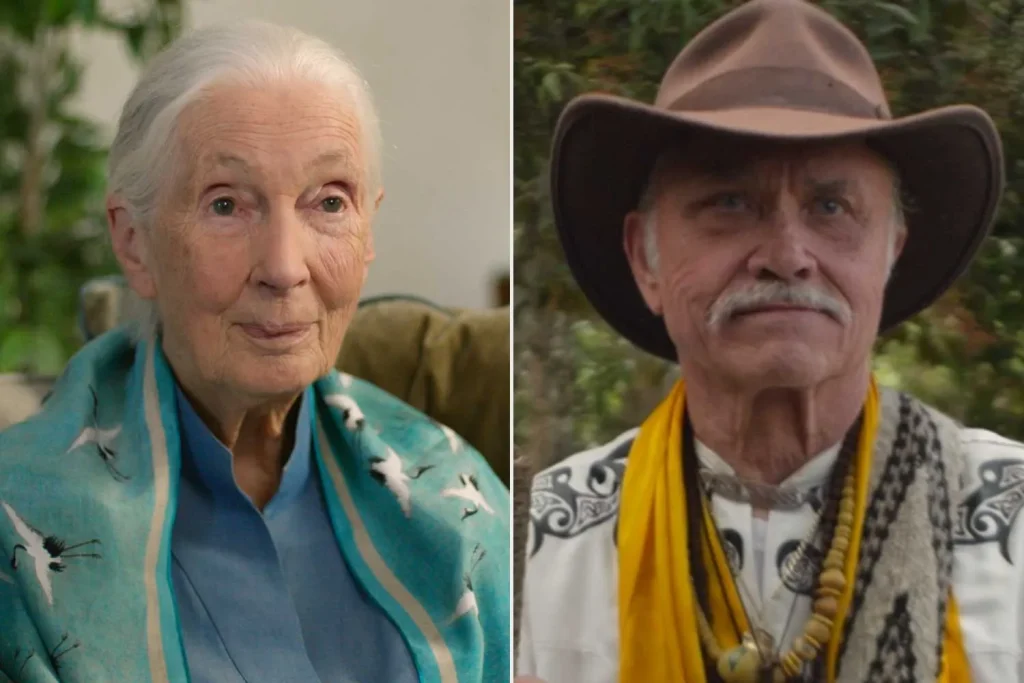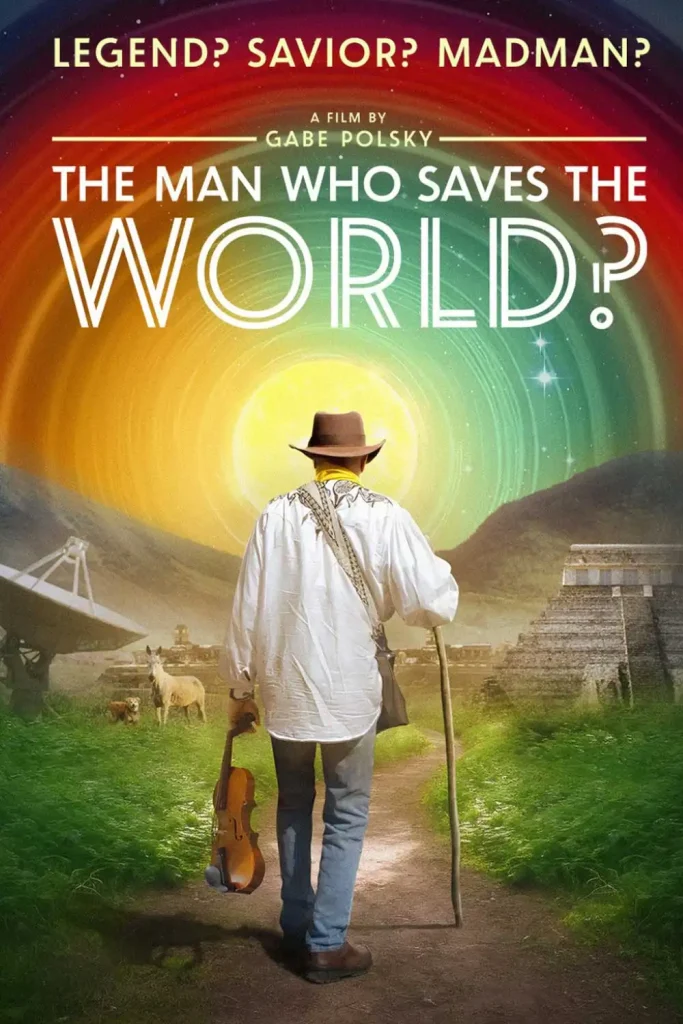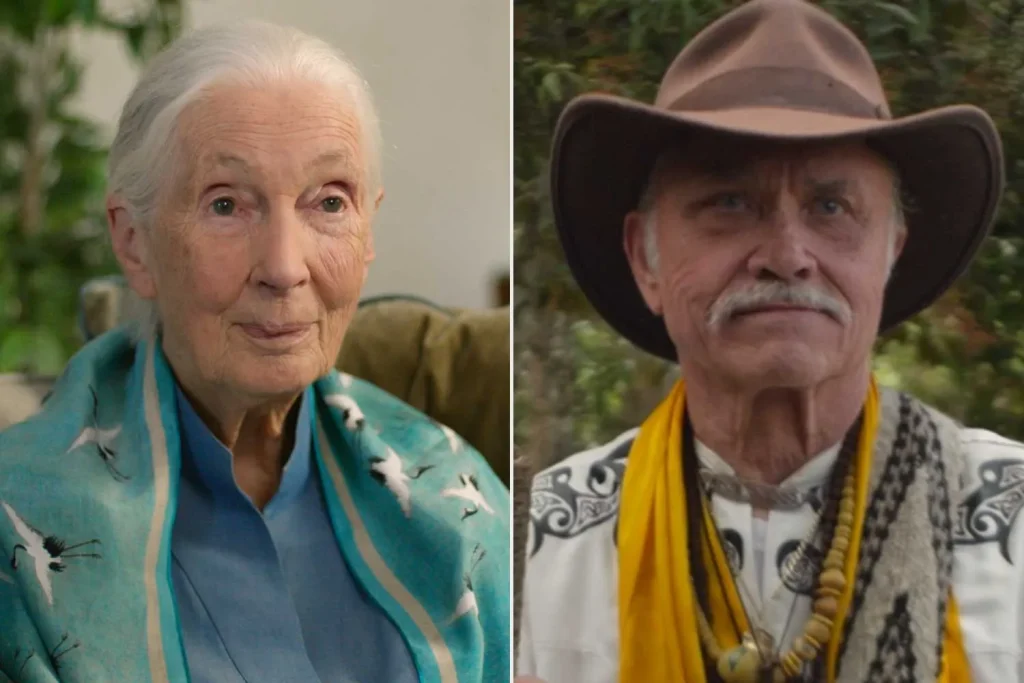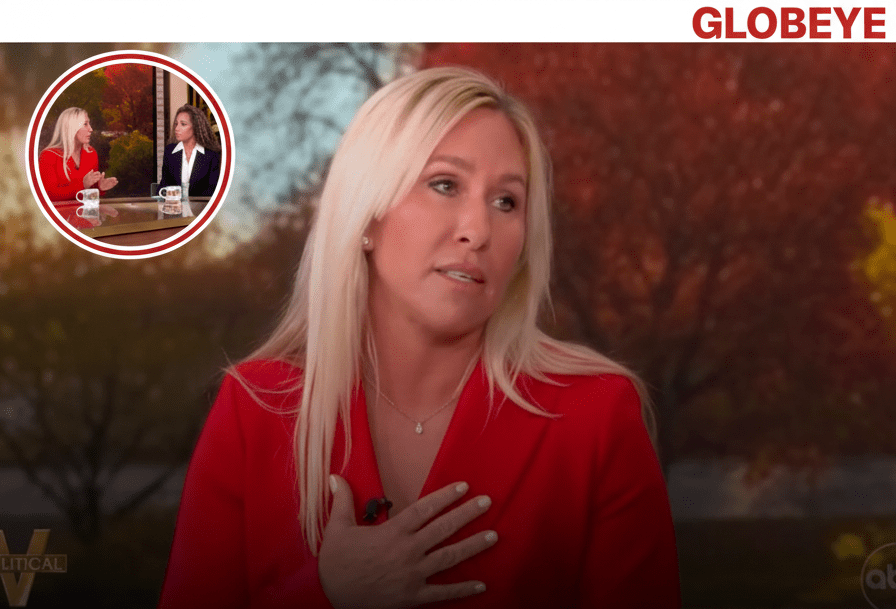Jane Goodall’s Friend Reveals the Beloved Conservationist Left Some of Her Ashes to Be Kept in a “World Peace Violin”
Even in death, Jane Goodall’s grace and vision continue to inspire the world. The legendary primatologist, environmentalist, and humanitarian, who transformed our understanding of animals and our relationship with the natural world, reportedly left behind a final wish that feels perfectly in tune with her life’s message — quite literally. According to her longtime friend Patrick McCollum, Jane arranged for a portion of her ashes to be kept inside something she called the “World Peace Violin,” a symbolic instrument meant to carry her spirit of compassion, unity, and hope across generations.

McCollum, who shared his memories in an interview with People, described how the idea reflected the very essence of Jane’s character — thoughtful, humble, and deeply connected to the broader harmony of life. “A couple of years ago, I asked her, ‘Is there anything you wish was different?’” McCollum recalled. “She just smiled and said, ‘I always hoped I could really make a difference — but I haven’t gotten there yet.’” It was a quiet, almost startling statement coming from a woman who spent her lifetime reshaping how humanity perceives itself in the natural order.
That humility was exactly what made Jane Goodall so extraordinary. Over her six-decade career, she became the world’s most recognizable advocate for wildlife conservation. Her groundbreaking fieldwork in Tanzania, beginning in 1960, revealed that chimpanzees are not so different from us — they use tools, display emotions, form complex social bonds, and mourn their dead. Her discoveries forever blurred the line between “human” and “animal,” leading scientists, policymakers, and ordinary people alike to reconsider what it means to share this planet.

And yet, despite honors, awards, and global admiration, she never stopped seeing herself as a simple messenger. “Jane was never about fame,” McCollum said. “She was about the message — peace, kindness, and understanding.” The “World Peace Violin,” he explained, was part of that message — a symbol of the harmony she longed to see between people and the Earth. Built from materials collected from places scarred by war and healed by hope, the violin will hold a small portion of her ashes, a poetic tribute to her lifelong pursuit of unity.
To those who knew her best, this gesture is quintessentially Jane — quiet, elegant, and profound. The violin will travel around the world, played at events dedicated to peace and environmental awareness. Each note it produces will carry a piece of her essence, blending music, memory, and mission in a way that transcends borders and generations.
McCollum’s reflections on their friendship paint a tender picture of a woman who never stopped believing in the power of small actions. “Jane never thought she’d done enough,” he said. “Even when millions of people looked to her as a symbol of hope, she still saw the work left to do — the forests to protect, the animals to save, the children to inspire.”
Her humility often took people by surprise. For someone who spoke before the United Nations, founded the Jane Goodall Institute, and inspired global youth through her Roots & Shoots program, she carried herself with an almost disarming simplicity. She often said that true change doesn’t come from governments or institutions — it starts with individuals making daily choices rooted in respect and empathy.
Jane Goodall’s passing marks the end of an era, but her influence will echo far beyond her lifetime. The “World Peace Violin” is more than just a resting place for part of her ashes; it is a metaphor for her life’s work — transforming noise into harmony, chaos into calm, and despair into hope.
For those who admired her, the thought of her spirit living on through the sound of music feels like the most fitting tribute imaginable. Every note will remind the world of a woman who saw beauty where others saw barriers, who found meaning in silence, and who believed, to her last breath, that peace — with each other and with nature — was still within reach.



